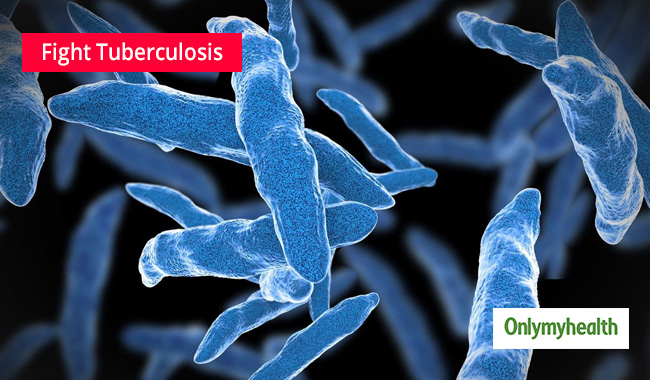
A new study conducted by the American Thoracic Society revealed that a stronger dose of rifampin—an antibiotic used to treat bacterial infections such as tuberculosis, which can kill more tuberculosis bacteria in sputum cultures without increasing the adverse effects of the treatment.
It has also been suggested by the research that a higher dose of the antibiotic might reduce the period of the treatment. The co-author of the study, Dr Gustavo E. Velasquez said, “Six months of treatment with four drugs—often delivered with support and supervision—represents a substantial burden on the healthcare system, as well as on the patient. Patients who cannot complete the full regimen may not be cured, which permits ongoing transmission and the development of drug-resistant TB.”

Also read: Diagnosis of Tuberculosis
The researchers said that rifampin dosing was considered as a priority because it had the most potent sterilizing effect of the four first-line agents and was available throughout the world.
For the study, participants were randomized equally to receive a standard dose of 10 mg/kg/day of rifampin. The trial found that each five mg/kg per day increase in rifampin increased the elimination rate of Tuberculosis bacteria from sputum. The improved effectiveness of the higher doses did not appear to result in more grade two or higher rifampin-related adverse events.
The study was published in the American Journal of Respiratory and Critical Care Medicine.
Read more Health News.
For more related articles, download OnlymyHealth App.
How we keep this article up to date:
We work with experts and keep a close eye on the latest in health and wellness. Whenever there is a new research or helpful information, we update our articles with accurate and useful advice.
Current Version